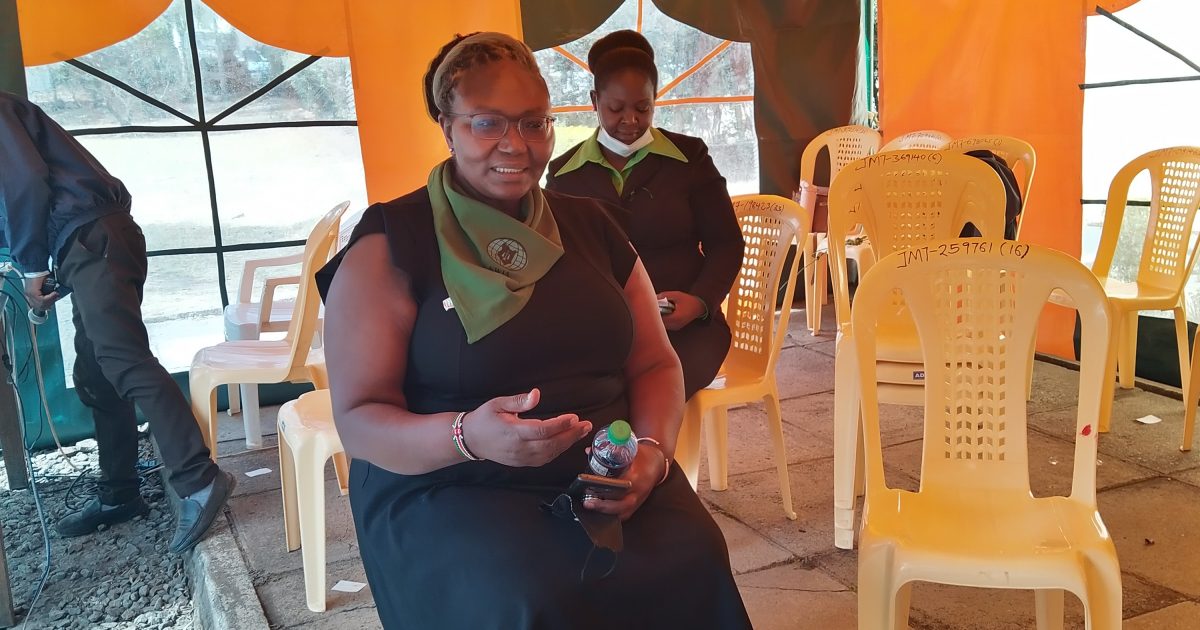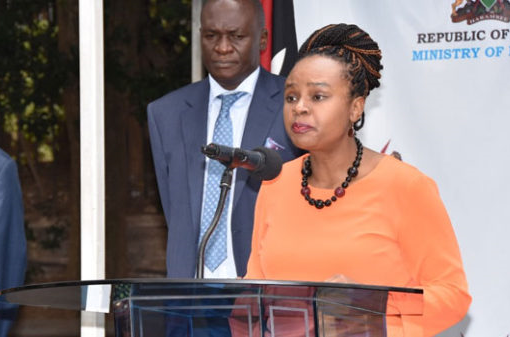Despite the heavy backlog of cases in the local law courts, it has been established by the senior judiciary officials that only 21 per cent of cases are filed and taken through the established legal system, while 79 per cent of the other cases are actually solved through various dispute mechanisms such as Nyumba Kumi, chiefs and village elders, at least making lighter the judges burden.
A judge of the Nakuru high court, Justice Teresia Matheka, said the entire legal system including advocates have now accepted that the Alternative Dispute Resolution (ADR) was not only an effective way of dispensing justice but, it’s faster and more cost-effective.
Speaking at the Nakuru Law Courts during the marking of the International Women Judges Day, Matheka said the judiciary has trained their staff on the importance of encouraging ADR, and they are now training other stakeholders such as Imams, the clergy, and opinion leaders in communities, which will further increase the number of cases dispensed away from the established legal system.
She said the major reason for encouraging ADR is because they were mandated by the 2010 constitution to promote it under Article 159 (2c) after it was realized that the backlogs would be difficult to offload if every dispute was taken to the law courts.
Justice Matheka said currently there are 600,000 cases in the local courts and unless more magistrates and judges are employed, it will be challenging to clear all those cases within three years, which is now a requirement of clearing a case.
However, she said the judiciary employees were not only overworked, but also interfered with the bonding of their families because they carry workloads home to enable them to write the numerous rulings at night and weekends.
“We lack social lives because the real work is not hearing the case but the writing of the rulings, and as advocates play golf, the magistrates and judges are usually locked up either in the chambers or in their houses busy working,” she added.
The judge said the International Women Judges Day was established by the UN after the realization that they needed to be celebrated and their hard work given visibility, in the face of the daily struggles, of juggling duty and family issues.
By Veronica Bosibori





